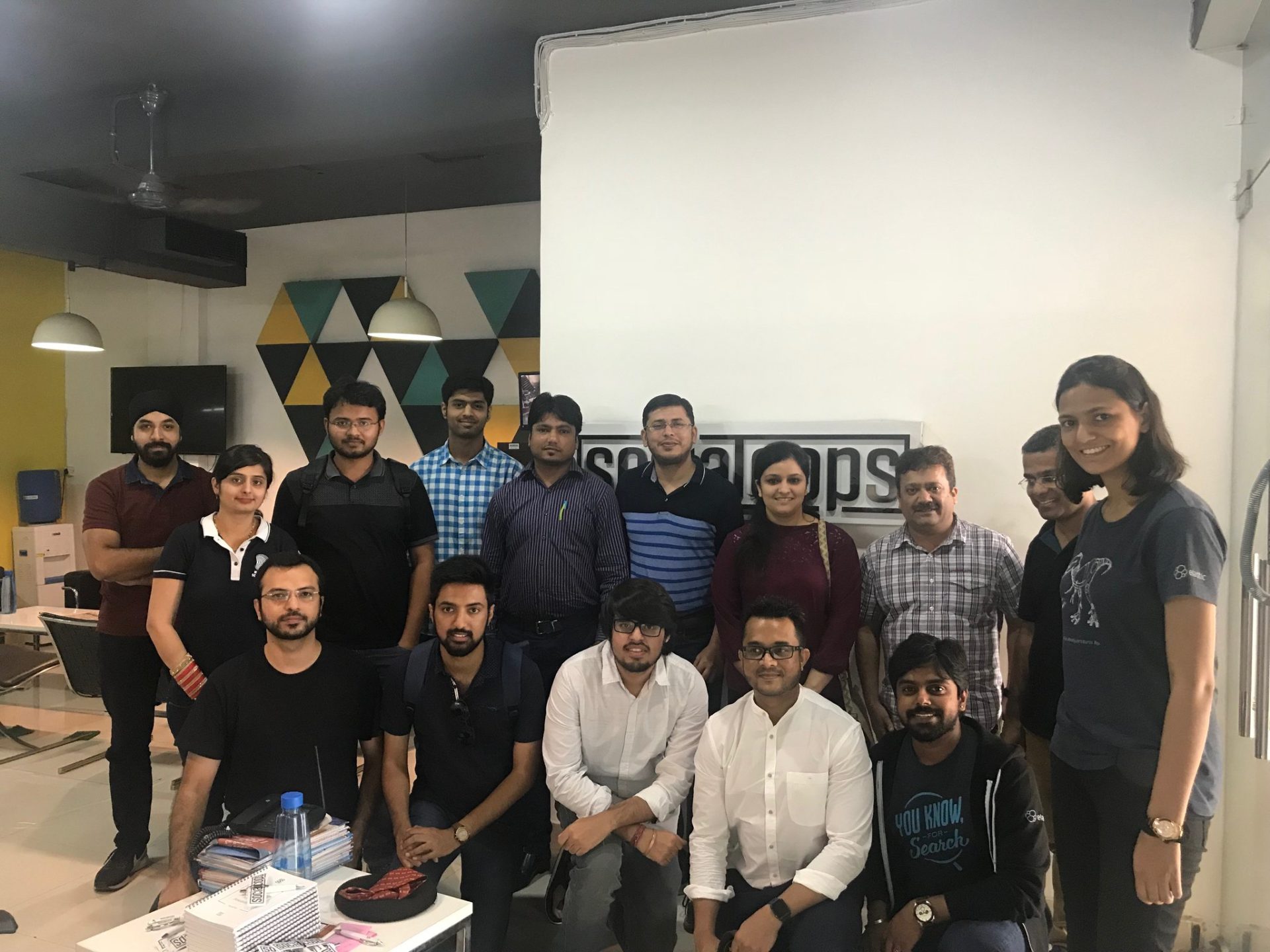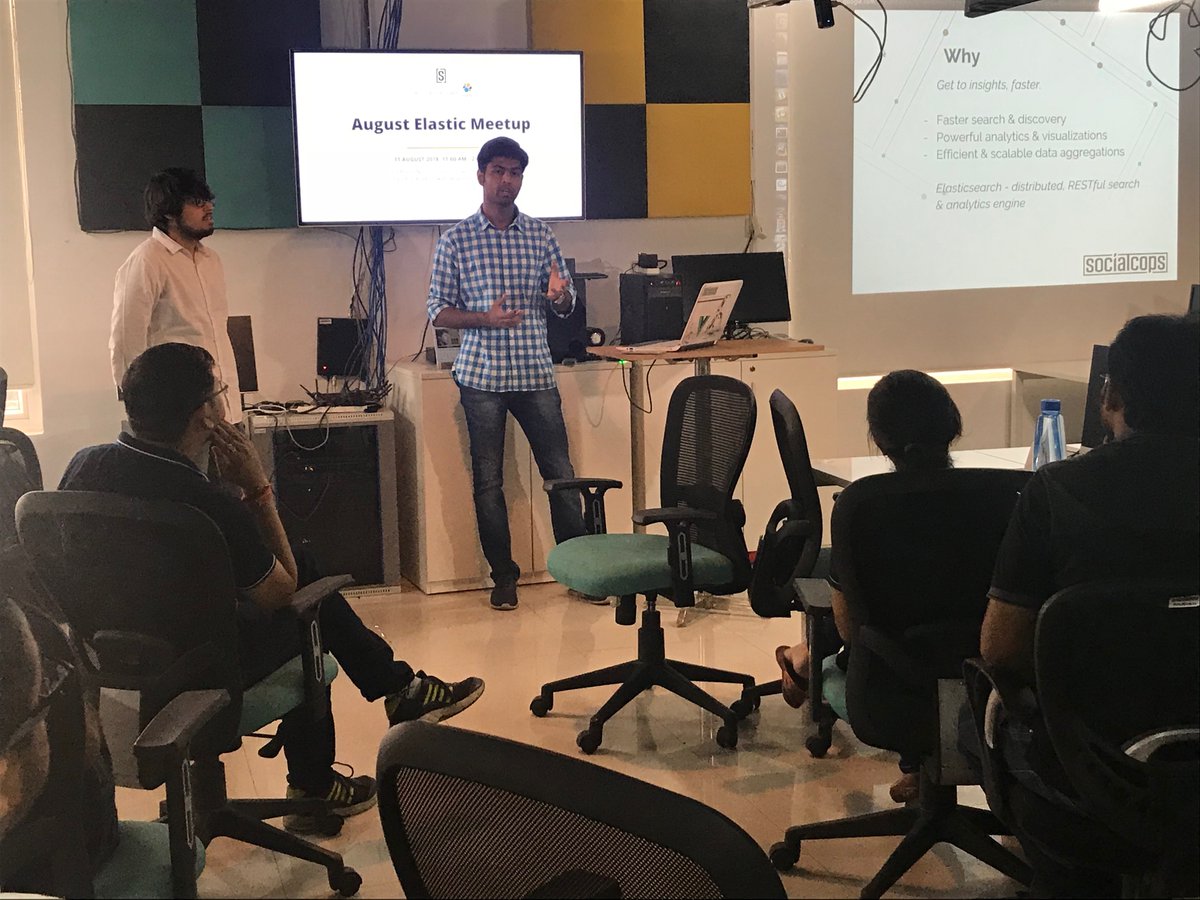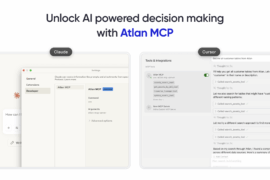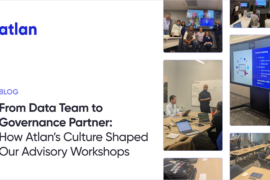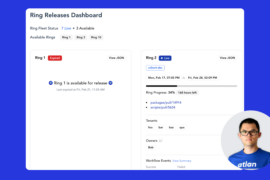The world today is connected more than ever before — everything that you wish to learn or build can be done with thousands of available resources on the internet. And even though this is great, there is unmatched learning that comes when you actually meet people from different backgrounds, knowledge and learn from their experiences.
We started organizing meetups at Atlan to share our space with fellow technologists, data enthusiasts and marketers, and facilitate learning and collaboration. Most of our weekends have been about engaging with the community, learning about advancements in technology and sharing about our work and experiences with people from across Delhi NCR.
After hosting and supporting communities like PyData Delhi, Google Developers Group, Delhi useR group etc., we hosted the August Elastic Meetup this month in collaboration with Delhi Elastic User Group. The group is for people interested in open-source search, logging, analytics & data visualization, with a primary focus on some of the open source projects that include Elasticsearch, Kibana, Logstash, and Beats – the Elastic Stack. The Elastic Stack is used for transforming data from any source or format to search, analyze, and visualize it in real time.
Why so excited? 🤔
Elasticsearch is an open-source project and with close to 250 million users today, it is one of the best examples of creation through community and collaboration. When it comes to open-source projects, there is always so much to learn as a developer of the project, a contributor or as a user.
At Atlan, we use Elasticsearch to power analytics, visualizations and search, as well as to store logs in our central logging infrastructure. So we were excited to hear about other user stories and learn more about how other companies and people are using Elasticsearch in their projects.
What’s new with Elastic Stack 6.3.0? 💡
Aravind started the meetup by sharing all about what’s new with Elastic Stack 6.3.0. We discussed all the latest features of Elasticsearch, Logstash, Kibana, and Beats — data rollups, SQL, index management —and a lot more!
Elasticsearch: Elastic SQL release included speed and scale to users who are familiar with SQL language to get started with Elasticsearch query language. With the release of 6.3, the users can now roll up aggregate statistics about historic data and make it available for search.
Kibana: The Kibana 6.3 release included a lot of new features and updates – a UI for managing indexes and changing index settings, Vega plugin map support, autocomplete & jump back features including others.
Logstash: This was the release of the first version of Logstash since Elastic opened its X-pack code. Multiple pipeline feature became easier and more efficient with the new Pipeline-to-Pipeline communications feature allowing connection of pipelines within a Logstash process.
Beats: The best part about the release is that it is now easy to configure beats via Kubernetes and Docker. The 6.3 release also increases the collection of Filebeat and Metricbeat modules.
To learn more about these updates and everything that Elastic Stack 6.3.0 brings, check out here.
Have more questions? Reach out to Aravind on Twitter: @aravindputrevu
Overview of how we use Elasticsearch at Atlan 🤓
At Atlan, we use Elasticsearch extensively to power analytics, visualizations and search, as well as to store our logs in our central logging infrastructure. Aayush and Gaurav from our Engineering Team shared a basic architectural overview around how we sync data from MongoDB to Elasticsearch. The process ensures that we are able to locate and continuously read operation logs, put them into an efficient scalable data store like Elasticsearch, and build utilities on top of these data stores to power insights. Watch the complete session here.
And where is the fun if there is no demo? The session included a demo that converted the data collected from attendees into analytics in real time!
We love the opportunities that these meetups open for all of us. It was great to witness people coming from different industries to share experiences, discuss ideas and collaborate — all for a product that itself evolved on the foundation of collaboration.

